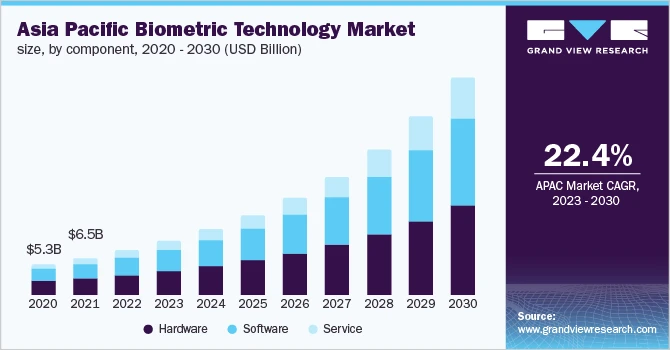What is Quantum Computing? A Beginner Guide
Quantum computing is a revolutionary technology that has the potential to completely transform the world of computing as we know it. While traditional computers rely on bits to process information in a binary format (either 0 or 1), quantum computers use quantum bits or qubits to perform complex calculations at speeds that are unimaginable with classical computing systems.
Understanding Quantum Bits (Qubits)
Qubits are the building blocks of quantum computers and are fundamentally different from classical bits. While classical bits can only be in one of two states (0 or 1), qubits can exist in multiple states simultaneously through a phenomenon called superposition. This allows quantum computers to process vast amounts of data and perform complex calculations in parallel, making them exponentially more powerful than traditional computers.
Harnessing the Power of Quantum Entanglement
Another key concept in quantum computing is entanglement, which is a phenomenon where qubits become interconnected and their states are dependent on each other, regardless of the distance between them. This allows for the creation of quantum circuits that can perform operations on multiple qubits simultaneously, enabling quantum computers to solve complex problems that are impossible for classical computers to handle.
Applications of Quantum Computing
Quantum computing has the potential to revolutionize a wide range of industries, including cryptography, drug discovery, artificial intelligence, and finance. In cryptography, quantum computers could break existing encryption codes and develop new secure communication protocols that are resistant to hacking. In drug discovery, quantum computers can simulate molecular structures and interactions at a level of detail that is impossible with classical computers, leading to the development of new medications and treatments. In artificial intelligence, quantum computing can significantly improve machine learning algorithms and optimize complex systems. And in finance, quantum computers can analyze vast amounts of financial data and optimize trading strategies with unprecedented speed and accuracy.
The Future of Quantum Computing
While quantum computing is still in its early stages, researchers and tech companies around the world are making rapid progress in developing new quantum hardware and software. Major players such as IBM, Google, Microsoft, and Intel are investing heavily in quantum research and are working on building more powerful and reliable quantum computers. As these technologies continue to advance, we can expect to see quantum computing become more accessible and widespread, opening up new possibilities for solving some of the most complex problems facing society today.
Conclusion
Quantum computing is a game-changing technology that has the potential to revolutionize the world of computing as we know it. By harnessing the power of quantum bits, entanglement, and superposition, quantum computers can perform calculations at speeds that are orders of magnitude faster than traditional computers. With applications ranging from cryptography to finance, quantum computing promises to unlock new frontiers in science, technology, and innovation. As we continue to push the boundaries of what is possible with quantum computing, we can look forward to a future where the impossible becomes possible.


